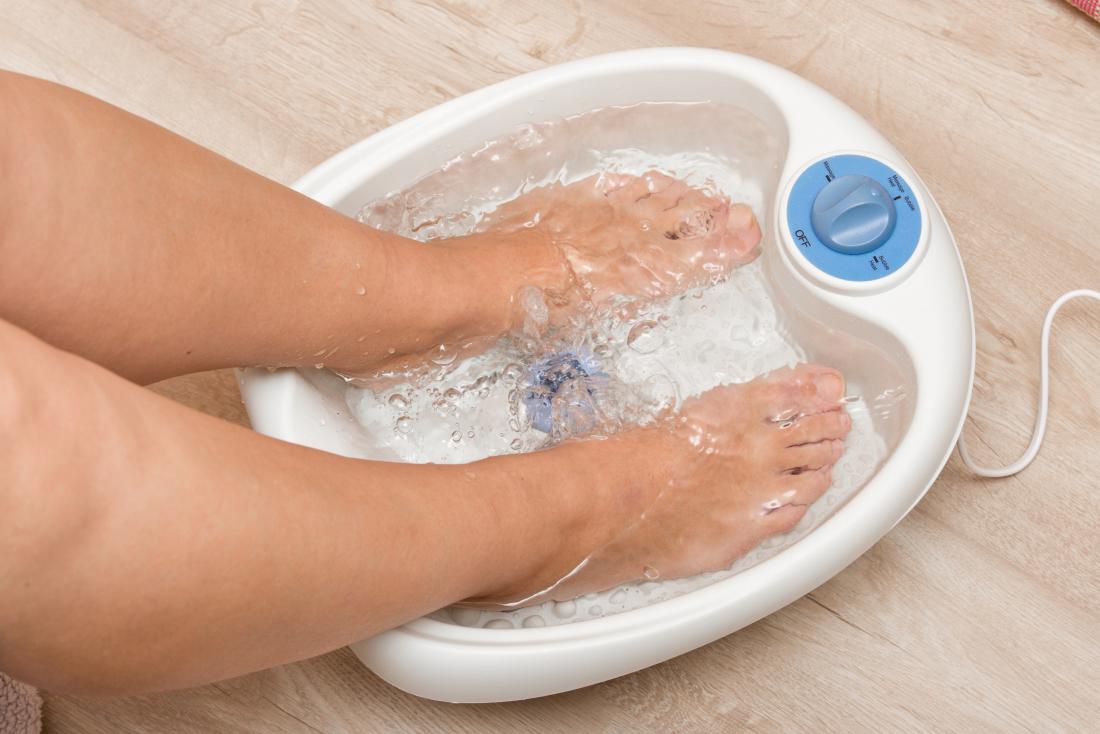How to Stop Sweaty Hands: Professional Dermatology Suggestions for Taking Care Of Excessive Sweating
How to Stop Sweaty Hands: Professional Dermatology Suggestions for Taking Care Of Excessive Sweating
Blog Article
Recognizing the Source of Excessive Sweating and Its Effect On Daily Life
While it is commonly comprehended as a physiological response to regulate body temperature level, the triggers for extreme sweating can differ commonly among individuals, incorporating not just physical elements but additionally psychological and mental elements. By diving right into the root creates of hyperhidrosis and discovering its multifaceted results, a much deeper understanding of this pervasive concern can be gotten, shedding light on the intricacies that individuals grappling with excessive sweating browse on an everyday basis.
Physiology of Sweat Glands
The law of sweat production, a critical physiological procedure, is largely managed by the task of sweat glands distributed across the human body. Sweat glands are classified into two major types: eccrine and apocrine glands.
When the body temperature level climbs, either because of physical task, high temperatures, or emotional stress and anxiety, the nervous system causes the sweat glands to create sweat. This sweat is made up largely of water and electrolytes like sodium and chloride. The process of sweat manufacturing is crucial for maintaining the body's interior temperature level within a slim, ideal variety, highlighting the vital function sweat glands play in human physiology.
Triggers for Excessive Sweating
In comprehending the root creates of too much sweating, it is important to identify the triggers that can lead to this physical action. Physical effort, high temperatures, and spicy foods are additionally understood to trigger too much sweating in individuals vulnerable to this condition.
In addition, medicines such as some antidepressants, opioids, and certain supplements can additionally serve as triggers for hyperhidrosis. Understanding these triggers is necessary in handling too much sweating successfully - How to stop sweaty hands. By recognizing and resolving the particular triggers that motivate excessive sweating in a specific, healthcare providers can establish personalized treatment strategies to reduce this problem and improve the individual's lifestyle
Medical Conditions Associated
Connected with too much sweating are various clinical problems that can aggravate this physiological reaction. One usual condition is hyperhidrosis, a condition identified by abnormally enhanced sweating that goes beyond the body's thermoregulatory needs. This can manifest in focal locations like the hands, soles, underarms, or face, impacting an individual's lifestyle as a result of social embarrassment and discomfort.
Furthermore, endocrine disorders such as hyperthyroidism, diabetes, and menopausal Related Site hot flashes can likewise result in extreme sweating. Hyperthyroidism triggers an overproduction of thyroid hormones, speeding up metabolic process and setting off sweating. Diabetic issues can cause sweating episodes, especially during hypoglycemic episodes when blood sugar levels go down also reduced. Menopausal warm flashes, attributed to hormonal fluctuations throughout menopause, can cause abrupt and extreme sweating, often accompanied by flushing and heart palpitations.
Furthermore, infections like endocarditis, hiv, and tuberculosis have been linked with evening sweats, a common signs and symptom understood to disrupt rest and impact overall health. These medical conditions highlight the varied series of underlying factors that can add to excessive sweating, demanding complete assessment and management by health care professionals.
Psychological and Psychological Variables

Impact on Social Communications
Excessive sweating can have extensive effects on a person's capacity to engage pleasantly in social interactions. The noticeable signs of sweat spots or damp patches on garments can lead to humiliation and self-consciousness, causing individuals to take out from social situations. This withdrawal can affect partnerships, limit social activities, and prevent personal and expert growth.

Furthermore, the stress and anxiety and self-worth issues coming from extreme sweating can influence interaction and social abilities. People might struggle to concentrate on conversations, join group activities, or reveal themselves confidently. This can cause sensations of seclusion and solitude, as social links end up being testing to preserve.
Final Thought

While it is generally recognized as a physical reaction to regulate body temperature, the triggers for too much sweating can differ commonly among people, incorporating not just physical elements yet mental and also psychological aspects. By delving right into the origin causes of hyperhidrosis and discovering its diverse effects, a much deeper understanding of this prevalent issue can be gained, losing light on the Discover More Here complexities that people grappling with extreme sweating navigate on a day-to-day basis.
Physical effort, high temperatures, and spicy foods are additionally known to cause extreme sweating in individuals vulnerable to this condition. By recognizing and dealing with the specific triggers that trigger excessive sweating in a specific, healthcare providers can establish personalized therapy plans to ease this condition and enhance the individual's high quality of life.
Too much sweating can have profound results on an individual's capability to engage easily in social communications.
Report this page